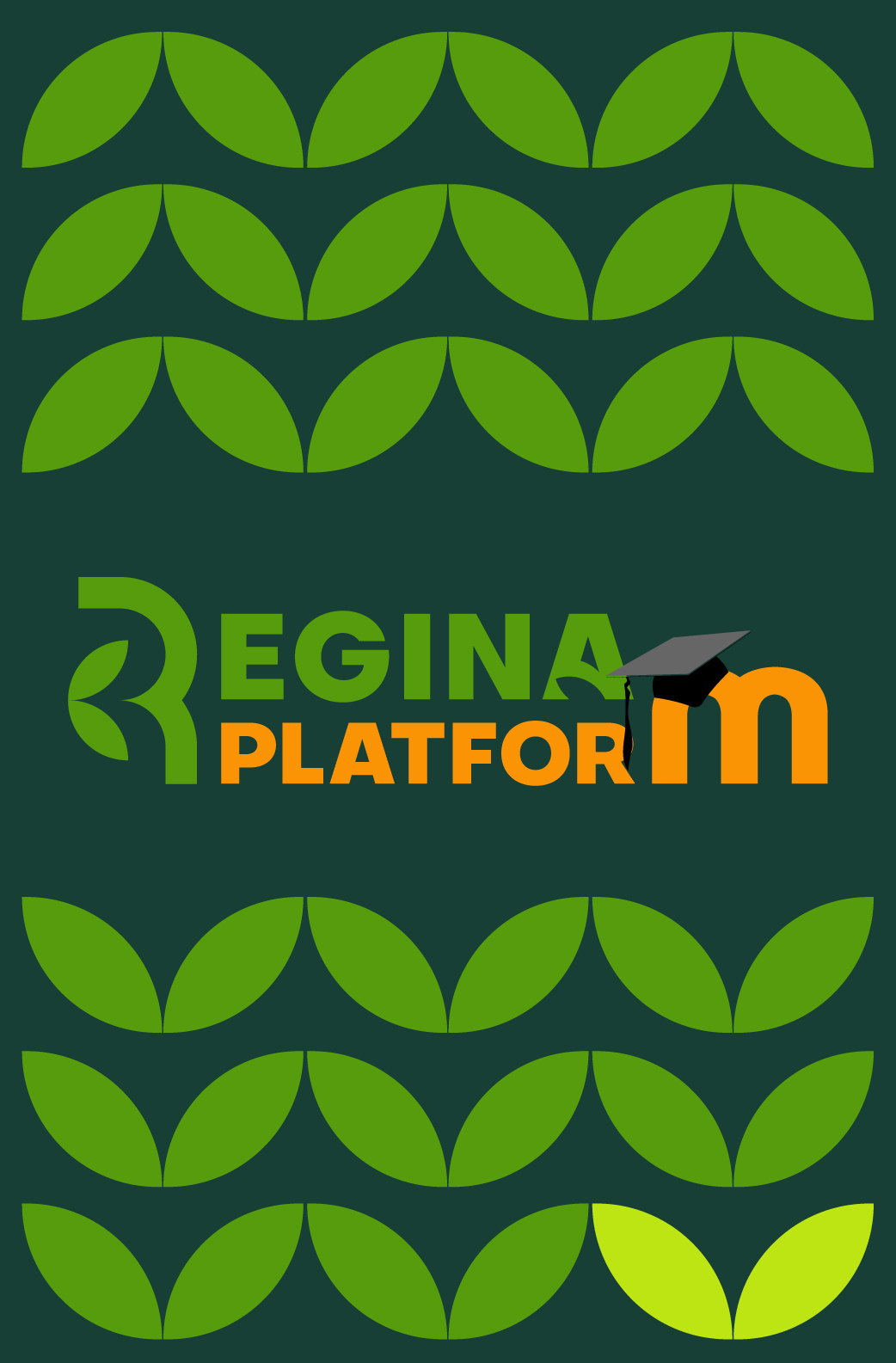Project overview
The need to re-direct agriculture towards innovative approaches that would help to mitigate climate change is urgent and pressing. Students in the fields of agronomy, but also agroforestry and rural development, should be suitably equipped to look at such innovative approaches, which are often stemming from traditional methods, suitably revisited and redefined, so that they can lead, as professionals, the effort towards mitigating climate change. At the same time, farmers should be also helped, through non-formal and informal learning, to understand how they can change their farming methods to make them more environmentally sensitive, using natural resources wisely, without losing income. Regenerative agriculture (RA) proposes new farming techniques that supersede the current concept of conventional agriculture and proposes sustainable management of the soil with significant environmental and economic benefits, especially suitable for arable crops, thus offering farmers the means to conserve and make more efficient use of natural resources.
The overall aim of this project is to create learning material, in the form of courses that can be taught face-to-face and online to agronomy students (and related fields of study) at university level, to vocational secondary education students of agriculture (and related fields) and to farmers and farmers’ advisors.
The project objectives include:
- Promote the principles and practices of RA across Europe.
- Research and report on the already existing good practices of RA in the project countries and across Europe, identifying problems and attitudes that hinder further development of RA; as well as benefits for the farmers, that need to become more widely known; and create an RA Library of information, which will be constantly updated.
- Create and pilot-test in HE a new and flexible methodology and educational content, for delivering RA courses to students of agriculture and related disciplines, with a view to equip future agronomists and related professionals with knowledge and skills to become leaders in RA, helping farmers to adjust their everyday practices accordingly.
- Adapt and pilot-test the HE methodology, learning content and tools, so they meet the needs of secondary education students in agriculture and related professions; as well as the needs of non-formal adult learners, especially targeting farmers.
- Design an interdisciplinary, digital open learning environment for all 3 tiers of education, hosting the learning resources created by the project, and offering interaction possibilities with local and national stakeholders and farmers’ communities, with the prospect of continuously enriching these resources through the active involvement of users.
Prepare and publish a Guidebook on RA Learning, addressing tertiary and secondary students and educators, trainers, advisors, other stakeholders in the field of agriculture and farmers themselves. • Disseminate widely the project products and results, through the dedicated REGINA platform and through the publicity and communication efforts of all project partners.

The REGINA project (No. 2021-1-HU01-KA220-HED-000027629) was funded by the European Commission. The content of this website does not necessarily reflect the views of the European Commission.
Call 2021, KA220 – Cooperation Partnerships in Higher Education
The European Commission’s support for the production of the publications does not constitute an endorsement of the contents, which reflect the views only of the authors, and the Commission cannot be held responsible for any use which may be made of the information contained therein.

